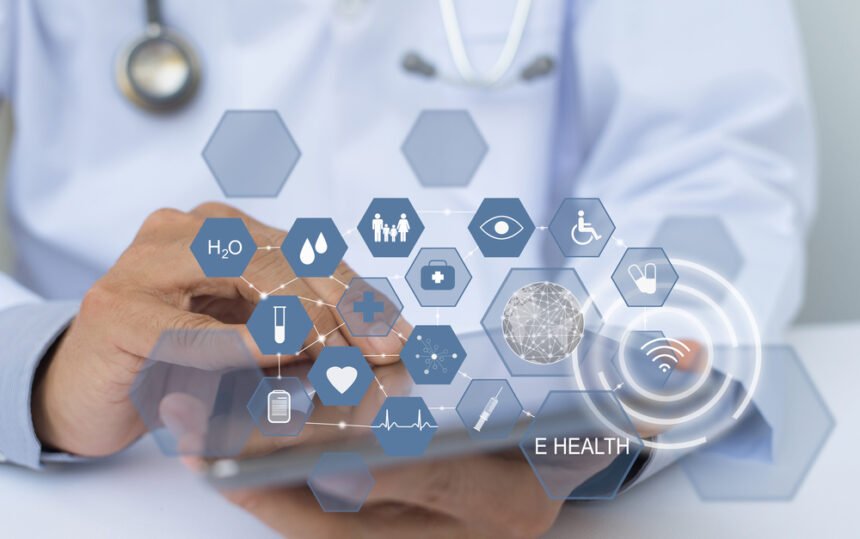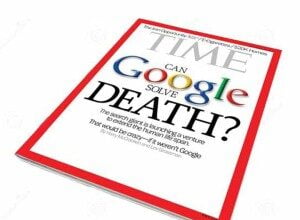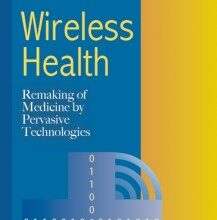Over the past decade, the Healthcare industry around the world is experiencing a paradigm shift from operating on-paper and in-person to functioning digitally. Governments and health organizations are funding software development industries and equipment-manufacturers heavily to complete the process of disruption in the Healthcare sector.
The mandated conversion to electronic records, patient portals, and remote healthcare have all made Healthcare industry buzzing with Technology and major advancements.
The terms Electronic Health Record (EHR) and Electronic Medical Record (EMR) are used interchangeably by persons not aware of the minute yet subtle differences between the two.
EMR is a term that came along much earlier than EHR did, and consists of all things “medical”. These records were used by clinicians and medical practitioners for diagnosis and treatment of their patients.
What are Electronic Medical Records?
These are essentially the digital versions of the paper charts in a doctor’s office. EMRs contain a patient’s medical and treatment history in one practice. EMRs are advantageous over the traditional paper records as-
- They track the data over time.
- They help identify the patients which are due for preventive screenings, tests, or checkups.
- They check how the patient is doing on certain medical parameters like Blood pressure, vaccinations, and thermometer readings.
- The continuously monitor the overall quality of care and treatment.
An EMR is not designed to be circulated or share outside of a person’s practice, though!
Electronic Medical Records are essentially used by the healthcare providers in their practice terms and diagnosis period.
What are Electronic Health Records?
Electronic Health Records do all things that EMRs do, and more. ‘Health’ as a term in itself encompasses all of the aspects of a person’s well-being, like mental, spiritual, etc. ‘Health’ is a broader term that carries more within itself than ‘Medical’ does. EHRs do not restrict themselves to the patient’s medical history and data collected in a clinician’s clinic for a period of time.
It goes beyond the organization that collects it and looks at the larger picture of a person’s health. EHRs are built to be carried around by patients elsewhere, too. They are meant to be shared with other practitioners and clinicians to aid them in treating the patient better with the help of the information they possess.
The information held in an EHR moves along with the patient, to the next clinician, the nursing home, the specialist, the next state, or even to the next country.
Benefits of EHRs-
- Streamlined sharing of updated and real-time information.
- They provide an access to the tools that help clinical practitioners make better decisions.
- They cover the complete medical history of a patient from his allergies, to the lab results, in one place.
- They let you get lab results electronically while ensuring that the results are not duplicated.
- Using the secure e-prescribing technology, all the orders are automated ditching the traditional prescription pads.
- The provider can communicate with the patient in cyberspace, or with the medical assistant, and refer to him doctors, insurers, and hospitals.
An Electronic Health Record makes it possible for patients to keep with them their data securely for future use.
EHR integration software can also carry out other tasks like providing clinical reminder alerts, analyzing aggregated data for care management and research, connecting to experts for support on a crucial healthcare decision.
While there are several advantages of the two systems, there is a risk associated with them, too. The systems are quite expensive to be built firsthand and require that providers invest in the proper hardware equipment, training, and support for the EHR or EMR software.
If at all the systems are poorly built, they can lead to a huge risk of destroying all the data stored on them and might malfunction in other ways too.








